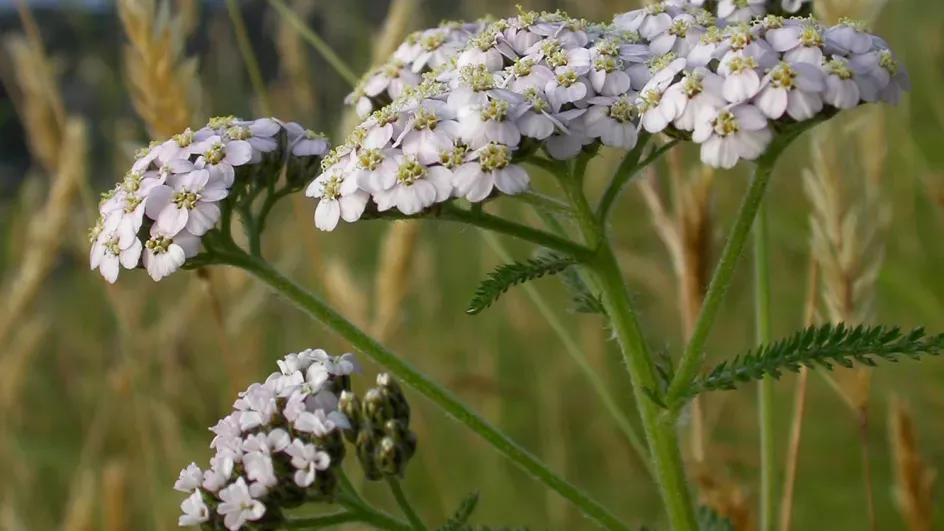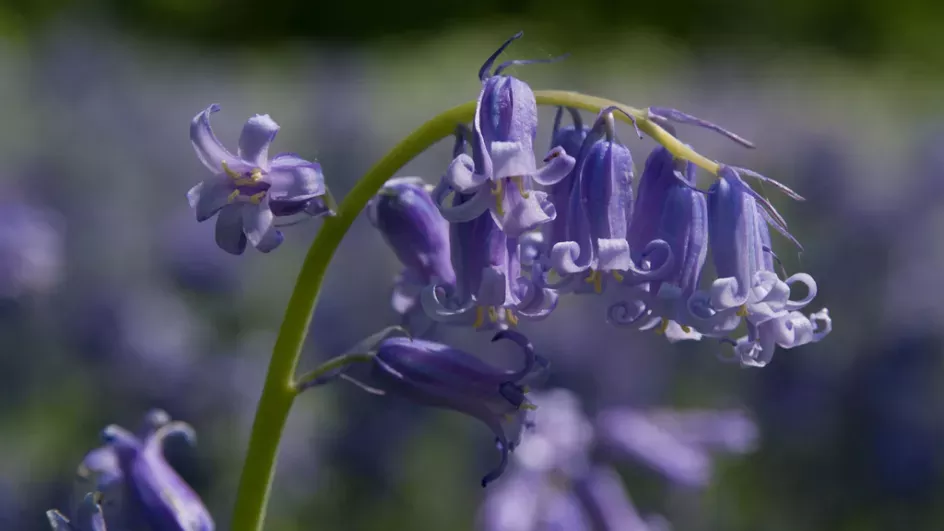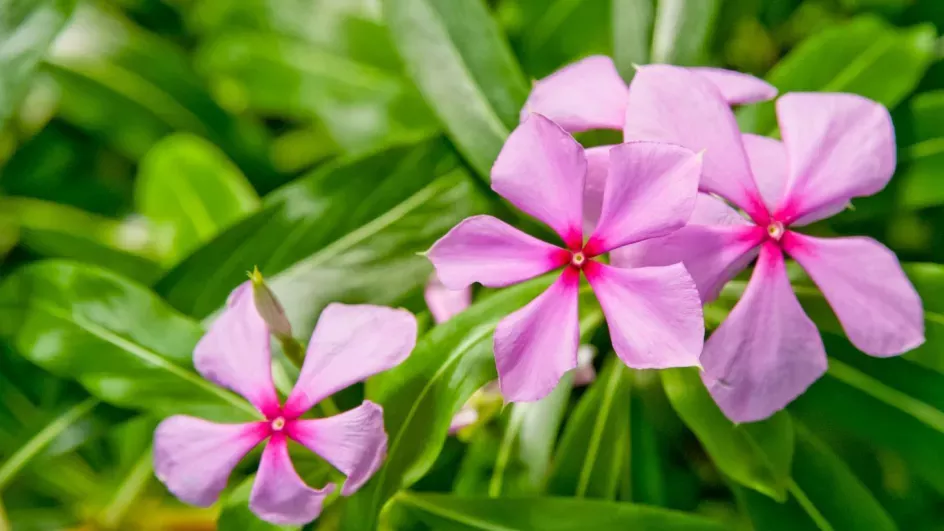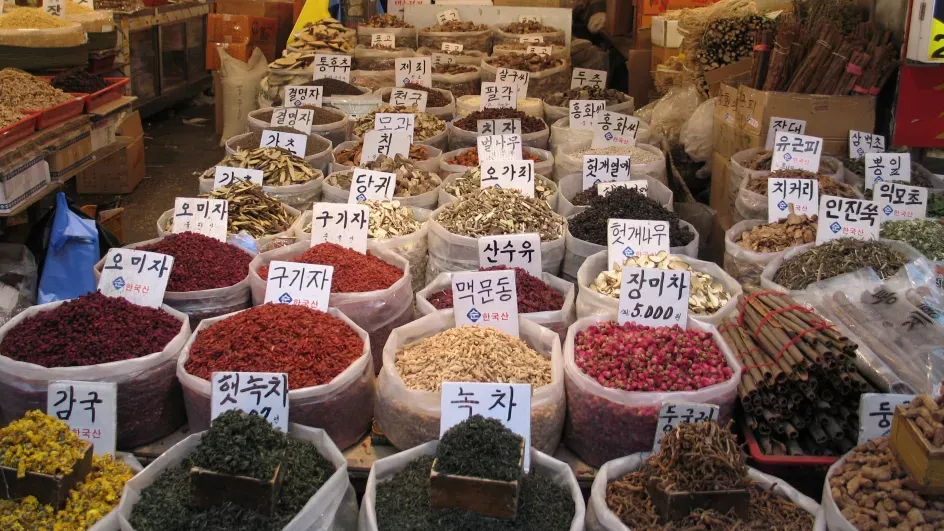Medicinal Plant Names Services
A global nomenclatural indexing and reference service for medicinal plants aimed at those involved in global health, regulation and research.

Visit the MPNS portal (V13 was released December 2023)
Medicinal Plant Names Services (MPNS) provides a global nomenclatural indexing and reference resource enabling health professionals and researchers to access information about plants and plant products relevant to pharmacological research, health regulation, and traditional medicine.
Medicinal plants are used globally and are known by different names across different communities, health traditions, generations and languages. The same name may be applied to several different species.
To find all information published about a particular plant requires knowing all of the names employed for that plant and searching for information using each and every one of those names. To avoid false conclusions, it is necessary to know how others use names and which names are ambiguous.
MPNS provides our users with the means to find information about medicinal plants comprehensively, and to communicate and exchange data safely and effectively.
Please read about our new initiative: Plants for Health
Who we are
Programme Manager
Bob Allkin
Senior Developer
Nick Black
Product Manager
Caroline Wilkinson
Digital Resources Manager
Kristina Patmore
Data Scientist
Francesco Civita
Botanical Data Officer
Tiziana Cossu
Current Volunteers
Patricia van Eijndthoven
John Haspineall
Mabel Hernández-Altamirano
Chun Sing Lam
Ifra Saifi
Wen-Hsin Tsou
MPNS partners
- Food Databanks National Capability, Quadram Institute, Norwich, UK
- Institute. of Ayurvedic and Alternative Medicine, Beruwela, Sri Lanka
- THIE - Tea & Herbal Infusions Europe
- University of Trans-disciplinary Health Sciences and Technology, Bengaluru, India
- Uppsala Monitoring Centre, World Health Organisation, International Drug Monitoring, Sweden
- U.S. Food and Drug Administration, Washington, USA
MPNS Contributors
- Prof. Dr Mushtaq Ahmad,"Medicinal Plants of Pakistan", Department of Plant Sciences, Quaid-i-Azam University, Islamabad, Pakistan.
- Prof. Michael Stanley-Baker, Medical Humanities, Nanyang Technological University, Singapore.
- Prof. Dipankar Borah, “Names of Useful Plants of Northeast India”. Developed by the members of the Ethnobotany of Northeast India group.
- Dr. Ria Cahyaningsih, "Genetic Conservation and Sustainable Use of Indonesian Medicinal Plants", Research Center for Plant Conservation Research and Botanical Gardens, National Research and Innovation, Bogor, Indonesia
- Dr. William Milliken, “Plants for Malaria, Plants for Fever”, RBG, Kew.
- Rebecca Lazarou, "Plants and Minerals in Byzantine Popular Pharmacy", RBG, Kew.
- Prof. Roja Rahimi and Roodabeh Bahramsoltani, "Traditional Persian Medicinal Plants", School of Persian Medicine, Tehran University of Medical Sciences, Tehran, Iran.
- Dr. Uwe Schippmann, "Medicinal and Aromatic Plant Resources of the World”, Bonn, Germany
- Maroof Shah, PhD student, Center for Plant Sciences and Biodiversity, University of Swat, Pakistan.
- Dr. Jens Soelberg, "Useful Plants of Wakhan and Pamir", Museum of Natural Medicine, Department of Drug Design and Pharmacology, Faculty of Health and Medical Sciences, University of Copenhagen, Denmark.
Support
We are grateful to the following charitable trusts for providing seed funding:
- The Wellcome Trust
- The Wolfson Family Charitable Trust
What we offer
- An online portal which provides access to medicinal plant data and medicinal plant reference citations using any pharmaceutical, drug, common or scientific plant names.
- Validation We can validate, update and enrich your list(s) of plant names. We'll also correct spellings, detect ambiguities and duplication and provide a consistent modern plant taxonomy. Your dataset can be enriched with all known synonyms for each plant and we can embed persistent digital identifiers to facilitate data maintenance and future updates.
- Harmonisation Mapping your list of plants onto lists used by other organisations or that are published in legislation. We can validate and compare lists, detecting gaps and overlaps to ensure a coherent single list and reliable data exchange.
- Data We can supply subsets of MPNS data tailored for use in your own database.
- Web updates We offer a web-service for regularly refreshing plant names data.
- Consultancy Contact us for expert advice on the use and interpretation of medicinal plant names, on devising workflows to capture and store scientific plant names appropriately, and on how to design database structures to manage scientific plant and herbal drug names appropriately.
- Training We provide specialist best-practice training for people working with medicinal plants or building medicinal plant databases to promote safe, efficient working practices and advice in best practice, workflows and systems design. Find out more about our training programme Use of Scientific Plant Names for Herbal Products.
Access the MPNS Resource
The MPNS portal enables users to disambiguate the names of plants and herbal substances, discovering the currently accepted scientific name for each plant, all of its synonyms and the medicinal references citing this plant.
MPNS records which plant parts and trade forms are cited in each medicinal source along with the diverse names employed for the plant and derived substances.
The nomenclature and taxonomy of these plants are refreshed regularly to reflect continual improvement in Kew’s global plant names reference resources.
MPNS Version 13 was published in December 2023 and contains data relating to:
- 38,013 plants (an increase of 7% on V12)
- 361 pharmaceutical or medicinal plant publications and data sources
- 323,455 unique scientific names
- 255,614 unique pharmaceutical, drug or common plant names in multiple languages and scripts
Get involved
Medicinal Plant Names Services is interested to hear from organisations and individuals wanting to join the User Group or become partners.
For further information about any aspect of Medicinal Plant Names Services, please contact us at:
Medicinal Plant Names Services (MPNS),
Royal Botanic Gardens, Kew,
Richmond, TW9 3AE, UK
Contact us: mpns@kew.org
Sign up to the MPNS newsletter to receive updates about our work
Data protection
The Royal Botanic Gardens, Kew, will use your personal data for the purposes of managing and processing your application, including for record keeping and enquiry purposes. Please take time to read our Privacy Policy which explains in more detail what data we collect and why, how we use it and other information relevant to the privacy of your data.
Updates from MPNS
-

Drug Safety Matters
Listen to the podcast episode 'Navigating the plant names jungle' from WHO’s Uppsala Monitoring Centre’s podcast series on pharmacovigilance and patient safety.
-

"What's in a name?"
How Kew helps drug regulators disambiguate the messy welter of medicinal plant names to shore up regulation and save lives.
-

Kew’s Plant Names Services adopted by global health
Find out how Kew’s Medicinal Plant Names Services (MPNS) is involved in helping the world’s health regulators to ensure that herbal products are traded safely by supporting development of an important new medicinal standard.
-

Names matter: trade of threatened medicinal plants
Why do plant names pose practical problems for the regulation of international trade in medicinal plants? And what are the Medicinal Plant Names Service (MPNS) are doing to help?